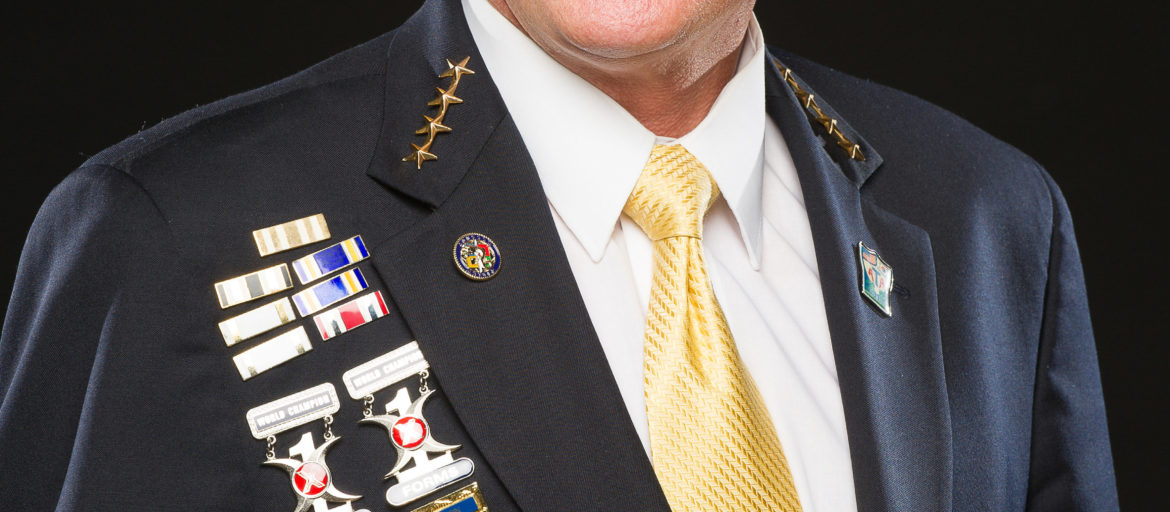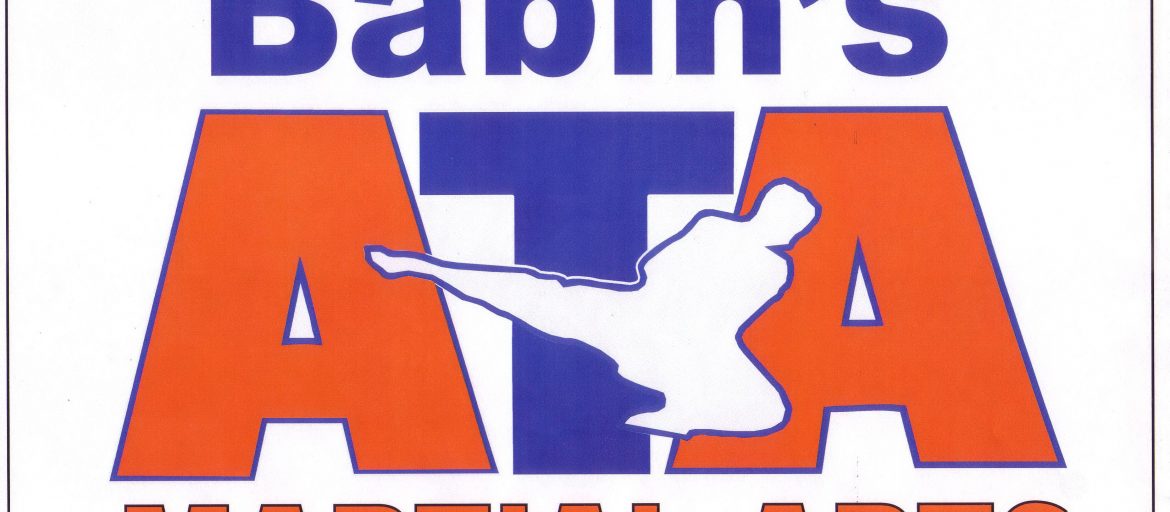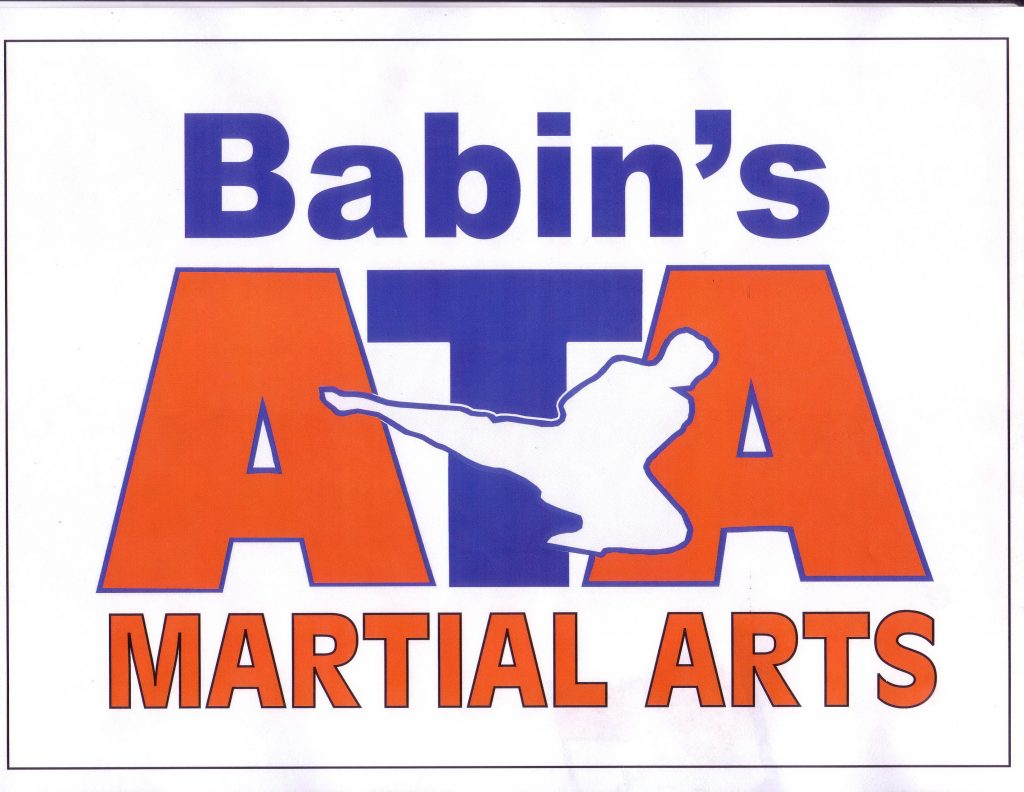“We must let go of the life we have planned, so as to accept the one that is waiting for us” – Joseph Campbell
Last month I revealed all the ways Karate for Kids is more than “just a sport”. I talked about personal empowerment, the practicality of martial arts, the fact that you can do it your entire life, that Karate for Kids has no “benchwarmers” and so on. It’s an incredible list of benefits – and what sets our program apart from any other activity. This month, I want to follow up on those ideas and link them to your personal goals.
You see, most students in martial arts start with one primary goal in mind. They might enroll because they want to build confidence. Or they want to boost their self-esteem. Or enhance focus….learn self-defense techniques… get in shape…make new friends…and so on. Everybody has different goals when they start. But what most have in common is that they begin training with a major focus. Many times it’s to improve an area of life that needs work. And this is good. To improve, you must not only build on your strengths, but also work on your weaknesses.
However, once you achieve your initial goal, it’s not over. Why? Because that’s just one aspect of Karate for Kids training. You may not be seeing the full picture yet.
Here’s a very old story from India that illustrates my point:
The Four Men And The Elephant
One sunny afternoon at a public park, four blind men gathered around an elephant to study it for the first time in their lives. One man hugged the elephant’s leg and said, “An elephant is exactly like a tree trunk!” The man on the opposite side of the elephant felt up and down the side of the elephant’s enormous torso, and said: “Not at all! An elephant is more like a wall!” The next man – in front of the elephant’s trunk – said with full confidence: “An elephant is like a snake.” The last man stood behind the elephant, felt its tail, shook his head and said: “An elephant is clearly just like a rope.” This went on for some time, with each of the four men convinced that he was correct, and that he was the only one who had the complete picture.
What is the moral of the story? The answer is simple: Most people don’t really know something before they explore all aspects of it.
And here’s how this relates to you and your goals: If you only do Karate for Kids for one reason, you may be missing out on many other parts of “the Karate elephant”. In other words, everything else Karate for Kids has to offer. For example, if your only goal is to compete, you may be missing out on the reality-based self-defense aspects of training. If you’re only here because you love the weapons training, that’s fine. But you may be missing out on the discipline-building aspects of our program. You may miss the value of life skills we teach and how it can improve every aspect of your life.
So what’s the secret? How do you come to know all the different aspects of Karate for Kids? How do you get the most out of your training? Three ways:
First, after you reach your initial goal, shift your focus. Pick a new area of martial arts that challenges and excites you. It may be forms. It might be leading and mentoring others. It could be weapons training. It’s up to you. Always remember: By the time you’ve reached your goals, you’re a different person. The goals you set earlier are now achieved and you’re ready to move onto the next stage of your training and see things from a different perspective. All great achievements happen outside your comfort zone.
Second, stick with it. Sometimes you can’t see the full picture until you’ve been doing it a long time. The more you make Karate for Kids a part of your daily routine, the more you’ll come to understand its power. It can be deep, complex, and subtle. Many of the life changes you experience cannot be grasped until you’ve been training and taking class for a long time. Persevere and you will be rewarded.
Finally, no matter how long you’ve been training, there is always more to learn. A famous master once said, “Sometimes a teacher, always a student”. This embodies the values of humility and commitment to learning. Stay open minded.
So, my advice this month is simple: Keep up the great work, stick with it and when you’ve reached the goals you set earlier, set new ones and approach Karate for Kids from a different angle. This leads to a deeper understanding and helps you get the most out of your training.
–– Senior Master Babin




